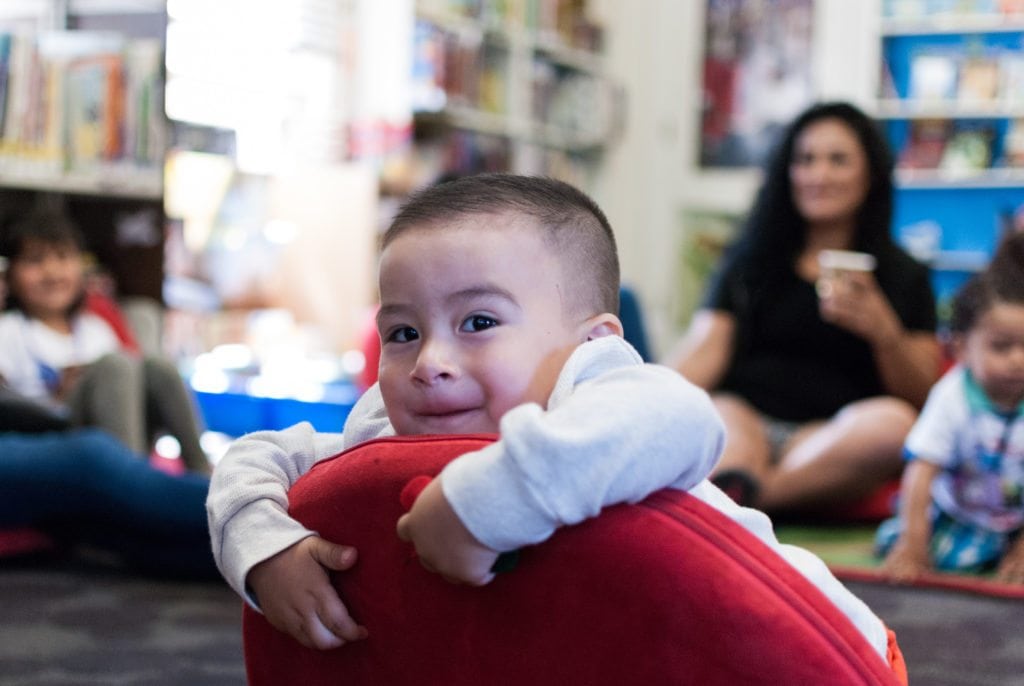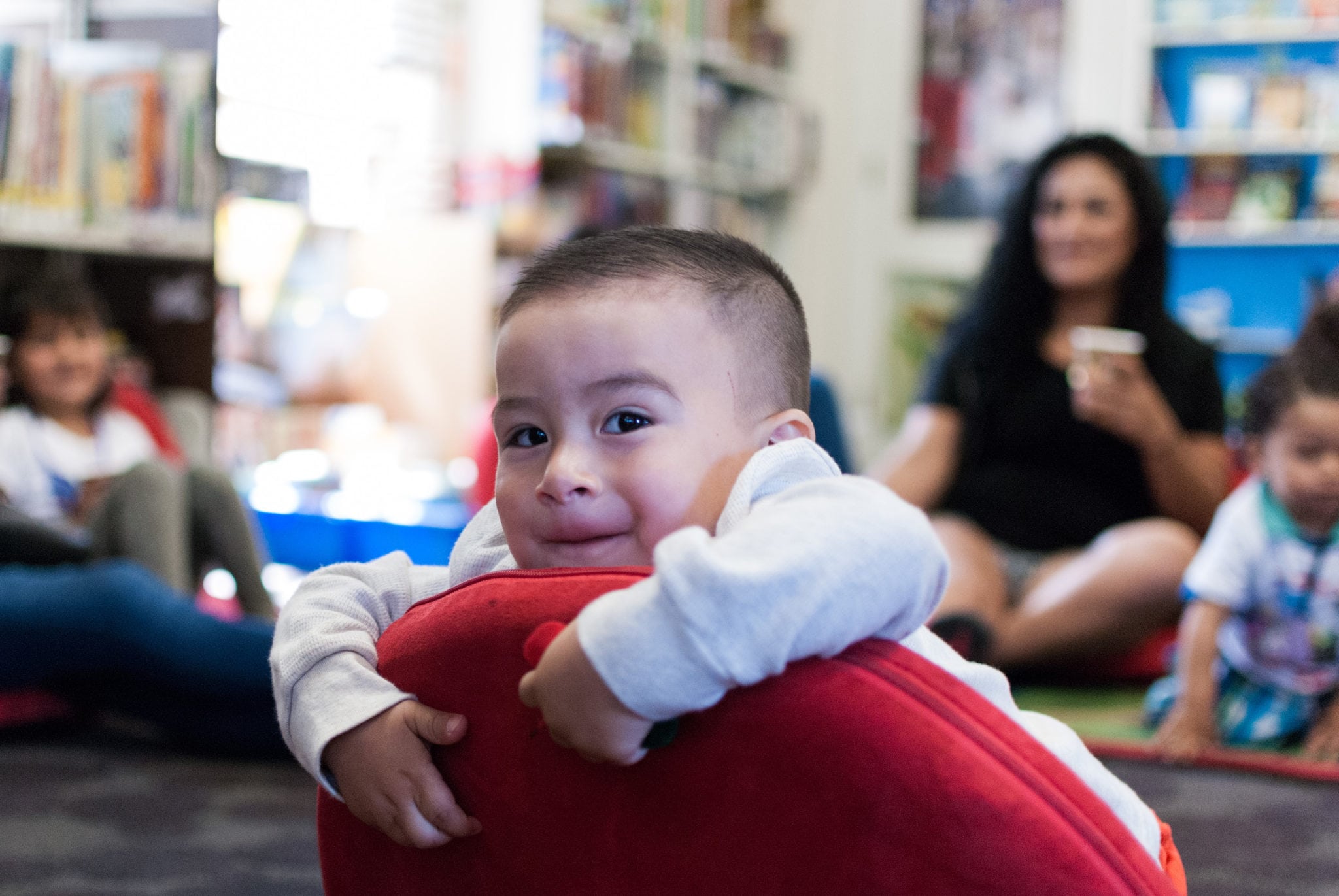

In California, most children under two years of age are cared for by extended family, friends, neighbors and other informal caregivers. Those first two years of a child’s life provide an important foundation for lifelong health and learning. Over the past two decades, California has developed a strong early childhood support system of organizations and programs that address the needs of children ages 0 to 5 and their families.
The Packard Foundation and their partners want to support extended family, friends, neighbors (FFNs) and other informal caregivers to make sure that they have access to health and early learning opportunities that help them reach their full potential. In partnership with the Center for Evaluation Innovation, we supported their work by evaluating four innovative pilot projects that engage FFN caregivers in places like libraries, playgroups, community events and through text messages.
Our findings show that networks and trust are key to engaging FFN caregivers. The most effective approaches were in-person and involved trusted messengers and anchor institutions in the community. Complete findings from all four pilot projects are available in the brief Engaging Family, Friend and Neighbor Informal Caregivers.
